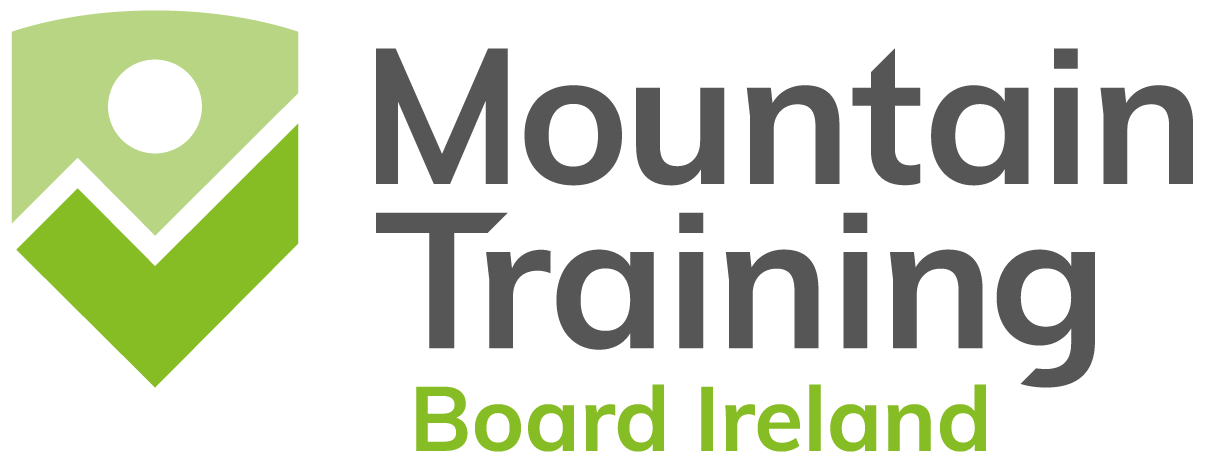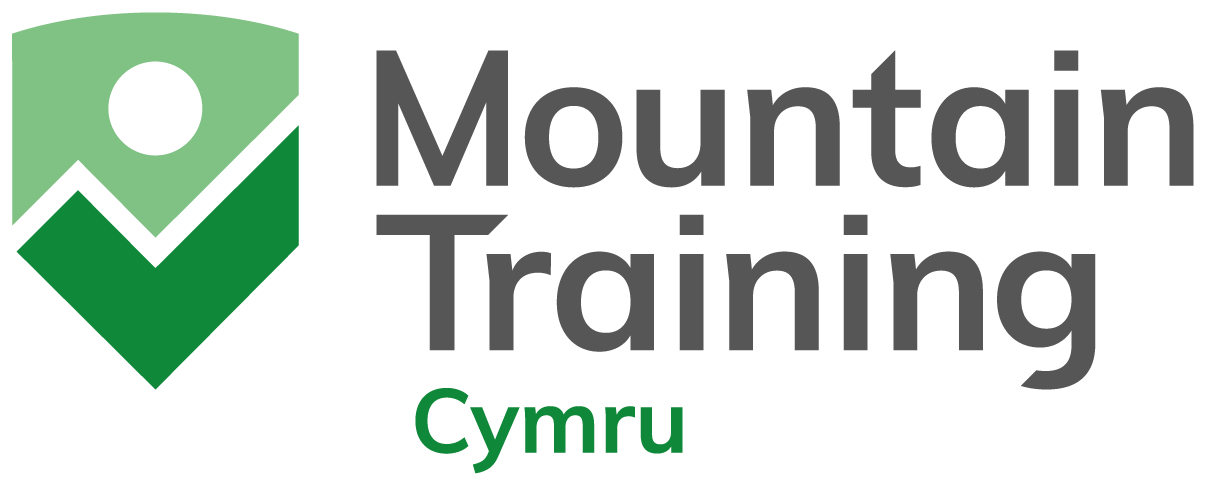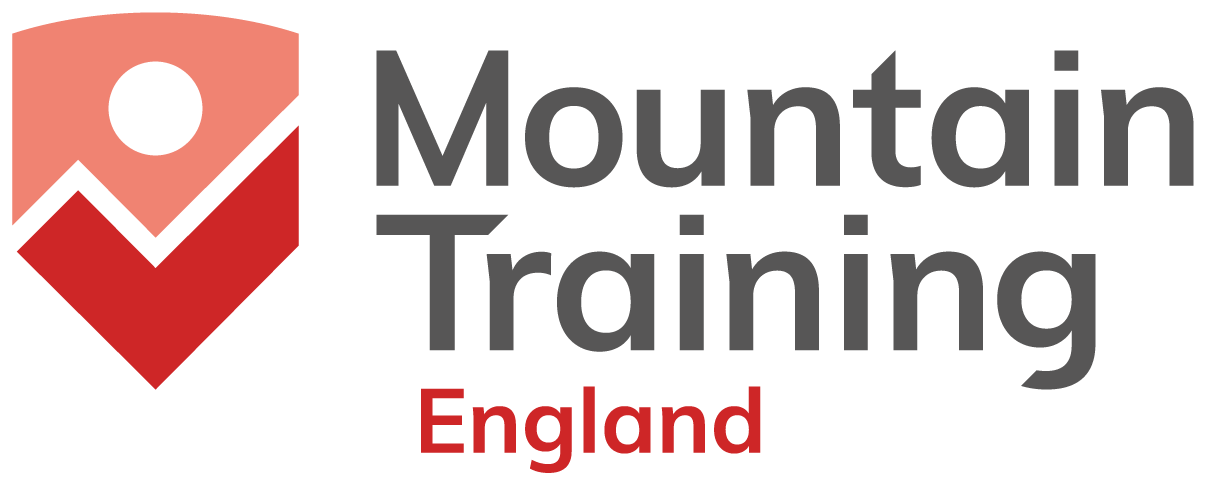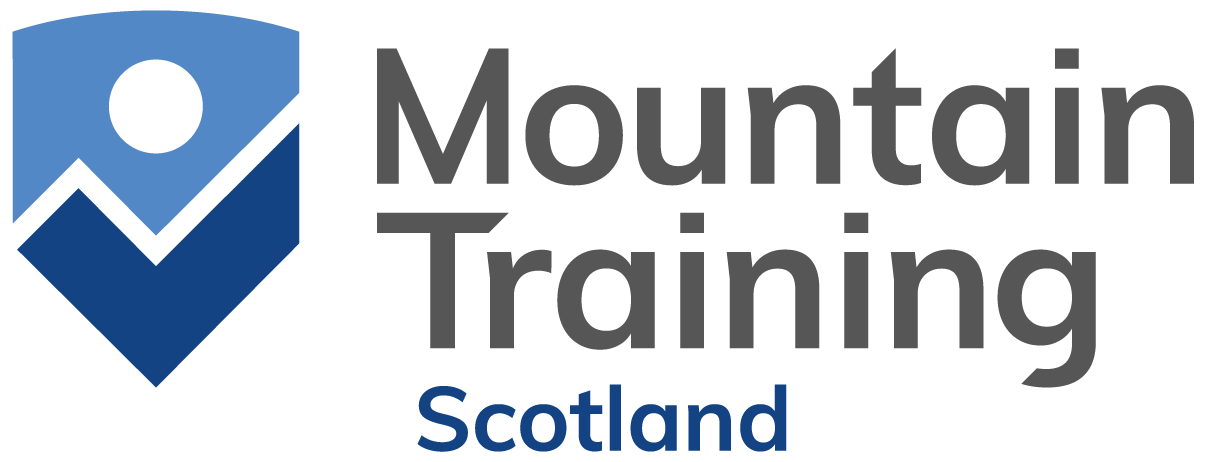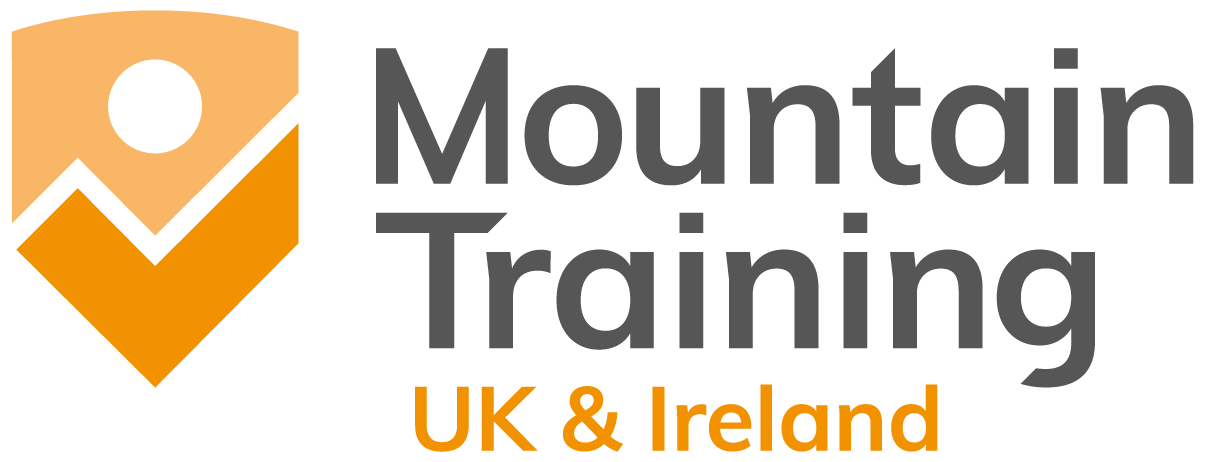Cookie Settings
This site uses third-party website tracking and analytical technologies to help us improve the user experience.
Privacy Policy
Aim
To ensure candidates have unimpeded access and equal opportunities to attend Mountain Training leadership courses. Mountain Training aims to ensure its qualifications are accessible to all individuals capable of independently demonstrating their leadership competence.
Despite the accessibility of Mountain Training qualifications, if a candidate with a particular requirement requires extra assistance, this will be done. In such cases, Mountain Training England will make, or allow its providers to make, reasonable adjustments for candidates with particular requirements to ensure that they can access courses and demonstrate attainment. Special requirements may include;
- A moderate hearing or visual impairment;
- A physical disability, such as that resulting in restricted mobility (provided it does not impede performance in the attributes that are the focus of assessment, such as candidates’ ability as a walking leader)
- Dyslexia.
If a provider believes that a candidate with a special requirement not listed in this document has the potential to make a competent leader but needs a reasonable adjustment to be able to access courses, they should present the case to a Mountain Training England Technical Officer prior to course attendance. Working with the candidate the provider should outline the nature of the special requirement and, through discussion with them, suggest an appropriate adjustment. Mountain Training England will then consider whether the adjustment suggested is reasonable.
General principles underpinning reasonable adjustments
Not invalidating the prescribed syllabus requirements:
While Mountain Training England will allow a range of reasonable adjustments to accommodate candidates’ special requirements, it will not authorise any adjustments which would prevent leaders from functioning effectively and independently on qualifying and will ensure that any adjustments conform to all relevant syllabus requirements. The qualifications offered by Mountain Training are competence-based, and candidates will therefore be assessed on their ability to meet all the syllabus criteria in order to attain the qualification.
Reflecting candidates assessment needs and usual methods of working:
The reasonable adjustments allowed by Mountain Training England will reflect the current needs of individual candidates and, as far as is possible, their usual methods of working. At the time of booking candidates should be asked to give details of their particular requirements and advised that they may request support to meet their individual needs and that all requests considered justifiable by Mountain Training England will be granted.
The implications of these adaptations should be considered such that in a real-world situation these measures do not compromise the safety and leadership of the group.
Allowable reasonable adjustments at assessment - examples
Suggested adjustments envisaged for special requirements noted above:
Moderate hearing impairment:
- Have questions by assessors and by those being led/supervised communicated as simply or directly as possible and rephrased whenever necessary
- Have additional time to complete tasks given
Moderate visual impairment:
- Have any indoor assessment session conducted in a particularly well-lit area and, if the lighting is not adequate, have the session rescheduled
- Where possible have the area of the assessment session specially cleared of any objects which are not necessary for the assessment but over which they might inadvertently trip
- Use alternatively-presented assessment materials, either produced on audiotape or alternatively printed
- Resend written work in audio format
- Use a word processor with a Braille keyboard to produce written work
Physical disabilities (including restricted mobility):
- Have additional time to complete tasks given
- Have relevant pieces of equipment adapted for use or use their own adapted versions
- Use an amanuensis in controlled conditions (under the supervision of course staff)
Dyslexia:
- Have the written tasks presented to the candidate in an audio format
- Use an amanuensis in controlled conditions (under the supervision of course staff)
- Request candidate produces work in audio format
Mountain Training have successfully supported candidates with a range of special requirements through training and assessment courses. Good examples are presented here.
Not giving candidates an unfair advantage
Although Mountain Training England will allow a range of reasonable adjustments for candidates with special requirements, none of these adjustments will give the candidates an unfair advantage over those candidates for whom such adjustments are not being made.
This is because the standards themselves will not be changed under any circumstances, and all candidates will be required to complete all the prescribed assessment tasks and to demonstrate their knowledge, understanding and competence strictly in accordance with the syllabus. It is acknowledged that reasonable adjustments are generally not appropriate when the candidate’s particular requirement directly affects performance in the actual attributes that are the focus of assessment, such as their leading ability. In these cases no such adjustments will be allowed
Maintaining the relevance, reliability and comparability of assessment
Mountain Training qualifications are competence-based. All candidates will have to meet all the necessary performance criteria before they can attain the qualification. Mountain Training England, the provider and course staff are required to maintain the relevance, reliability and comparability of the assessment of candidates for whom reasonable adjustments have been made.
Adaptive climbing on Mountain Training courses
Mountain Training consider ‘adaptive climbing’ to be where specialised equipment and techniques are used to enable individuals with physical disabilities to participate in courses.
Adaptive climbing on climbing instructor training and assessment courses
Dialogue in advance is essential to confirm whether or not the individual concerned is able to demonstrate competence ‘independently’ at assessment, across all syllabus criteria.
If adaptive climbing equipment and/or techniques are essential to allow participation, set up and/or managed by a 3rd party, it is likely the individual will not be able to demonstrate competence independently at assessment. This should be respectfully relayed to them.
Although it is possible an individual with these requirements could be accommodated on training courses it is important their expectations are managed before accepting them on the course. It is equally important their presence does not develop a miss-understanding of the scheme scope in those present.
Adaptive climbing on Rock Skills courses
‘Our skills courses are all about supporting people to be independent… rock climbers.’
Mountain Training place the individual participant’s needs at the centre of skills scheme delivery rather than stringent adherence to specific topics. As a result, assuming an individual’s presence doesn’t unduly impact on delivery or the safety of others in attendance (unlikely if well managed) it maybe possible to accommodate individuals with physical disabilities on Rock Skills courses. In many cases this will likely benefit all in attendance.
National consistency
Despite the individual centred approach it is important delivery stays within the confines of the specific Rock Skills course, be it an ‘Introduction’, ‘Intermediate’ or ‘Learn to lead…’. Doing so retains the integrity of the scheme and relevance of delivery.
As with all participants it is important to ensure a ‘good fit’ at the booking stage. If a participant’s disability would significantly restrict their ability to fully participate, the provider should discuss a more bespoke approach in advance to achieve a successful outcome.
Mountain Training course delivery
In all cases where specialised equipment and/or techniques are intended to be used the provider and/or course director/tutor must contact the relevant Board officer more than 5 days in advance to discuss the approach.
This will likely require a detailed description and evidence of the following;
- Individual’s/s specific requirements
- Suggested approach including reference to specialised equipment and/or techniques
- Potential locations to be used.
- The skill set and currency of *courses staff and other individuals who will be present facilitating access. This should include reference to any relevant training received (e.g Climbing For All)
- Risk assessment and mitigation strategies to be implemented
*Course staff – Max course staff ratios should be adhered to at all times. Where an additional individual is present to support access but does not hold the minimum qualification or have the minimum experience required, they must not be included within these ratios.
Further support
If any further support is required it can be obtained from Mountain Training England. Providers should keep a record of all reasonable adjustments put in place for their candidates. All information should be recorded in ‘Confidential Comments’ on the relevant course report.
